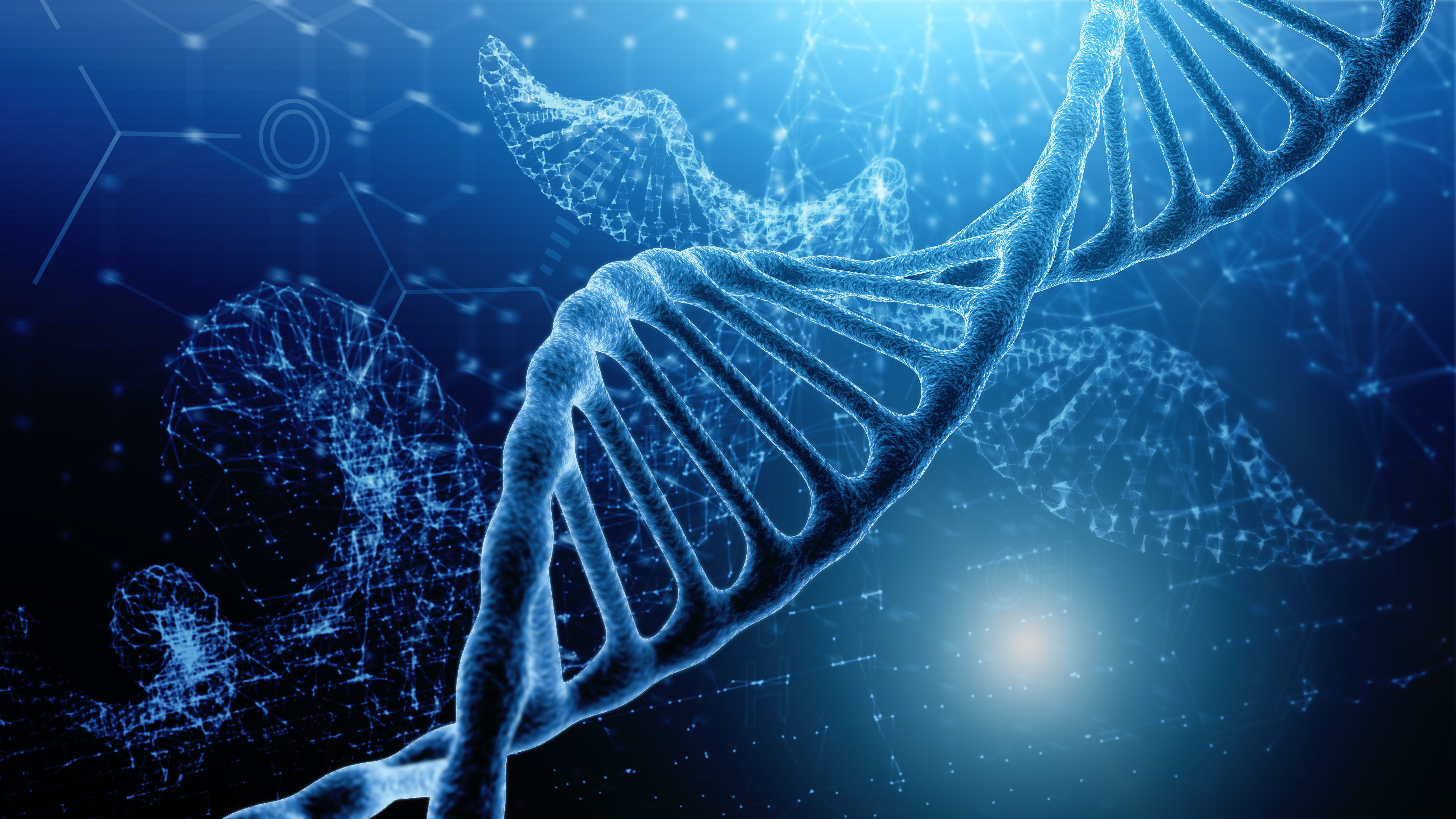New CDK9 Inhibitor Shows Favorable Pharmacokinetic Profile in MYC-Amplified Solid Tumors
KB-0742 is currently being evaluated in a phase 1/2 clinical trial. The terminal half-life was found to be 24 hours.

KB-0742, a CDK9 inhibitor designed for the treatment of MYC-amplified solid tumors and non-Hodgkin lymphoma, has demonstrated a differentiated pharmacokinetic profile, according to interim results of a phase 1/2 clinical trial of the agent.
The phase 1/2 clinical trial (NCT04718675) is composed of a dose-escalation and dose-expansion parts. It has an estimated enrollment of 100 participants and an estimated study completion date of March 2024. The primary end points of the study are the incidence of adverse events, the number of participants with dose-limiting toxicities, and the recommended phase 2 dose. Secondary end points include maximal plasma concentration, time to maximal plasma concentration, area under the plasma concentration, progression-free survival, disease control rate, duration of disease control, overall response rate, and duration of response.
During part 1 of the open-label, randomized study, patients received escalating doses of KB-0742. During part 2, patients will receive the recommended phase 2 dose. Cohort A of part 2 will be made up of patients with relapsed or refractory solid tumors with evidence of MYC amplification or overexpression. Cohort B will be made up of patients with relapsed or refractory soft tissue sarcomas with evidence of transcription factor dysregulation.
Oral bioavailability and dose-proportion exposure was seen across the first 3 dose levels, according to the pharmacokinetic analysis. The terminal half-life of the agent was 24 hours among the 12 patients treated in the trial. Between day 1 and 10, an approximate 2 to 2.5-fold accumulation was seen. Further escalation is needed in order to reach the desired level of CDK9 inhibition.
“We are pleased with the early findings from this trial, which demonstrate that KB-0742 is showing a differentiated PK profile and a level of target engagement in patients that we had predicted based on our preclinical studies,” said Norbert Bischofberger, PhD, president and chief executive officer of Kronos Bio, in a press release. “These early data are encouraging, and we look forward to continuing the trial and establishing a recommended Phase 2 dose.”
In order to participate in the study, patients must be 18 years of age or older, have a confirmed diagnosis of either solid tumors or non-Hodgkin lymphoma which have failed, are intolerant to, or are considered ineligible for standard-of-care therapies, an ECOG performance status of 0 or 1, measurable disease, adequate bone marrow, and organ function, and must agree to use highly effective birth control.
Patients treated with any other anti-cancer therapy within 4 weeks of the first dose, a history of allogeneic transplantation within 6 months, active central nervous system involvement, an active infection requiring systemic antibiotics, known, active COVID-19 infection, clinically significant infection, or uncontrolled hypertension are not eligible to participants.
The study is currently recruiting in California, Missouri, Tennessee, and Texas.